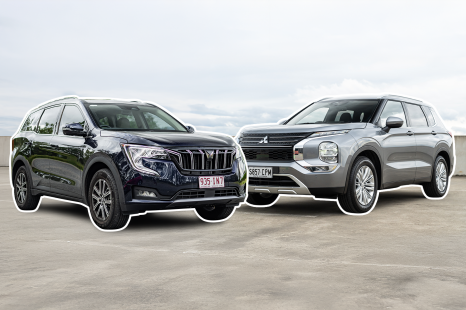

Andrew Maclean
3 Days Ago
Company's global head expects semiconductor issues to linger into 2023, but talks about light at the end of the tunnel.

Senior Road Tester
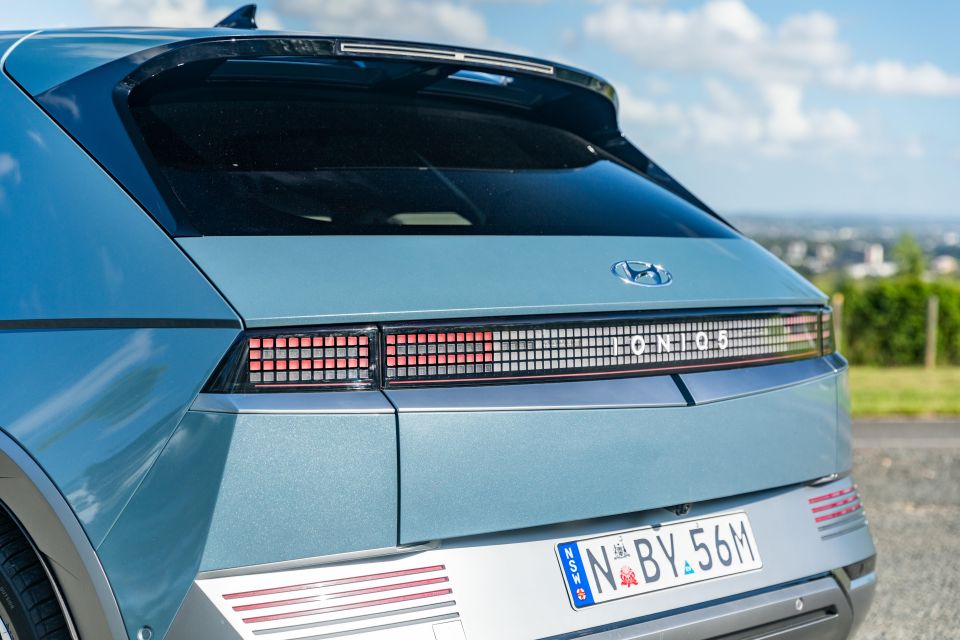

Senior Road Tester
Anyone in the market for a new car has heard about the crippling semiconductor shortage affecting the global auto industry – or been directly impacted with waiting times pushed out beyond 12 months in some cases.
Unfortunately, according to Hyundai Motor Corporation president and CEO Chang Jae-Hoon (known as Jay Chang) this problem will remain front-of-mind into next year.
However, longer-term Mr Chang told CarExpert that “other more technically advanced solutions” were on the cards, which could change the chip landscape as we know it.
At the heart of the ongoing microchip issue – beyond the lasting effects of the pandemic – is the fact there are only a handful of factories across the globe producing them, and in large part their output is aimed at consumer electronics like smartphones, computers and TVs.

The auto industry is a relatively small market for the semiconductor makers despite the fact there can be anywhere up to 3000 of these chips in a single luxury car or SUV.
The industry as a whole makes up at most 15 per cent of the global chip market, therefore it’s not a top priority in the wider supply chain.
“We expect these issues with semiconductors to be problematic into 2023 before we’re able to deliver more cars to our customers with shorter wait times. That’s not just Hyundai, that’s the entire industry,” Mr Chang confirmed.
“Like everyone else in the industry we’re on our chip suppliers’ door steps around the clock, pleading for a greater share of production runs.
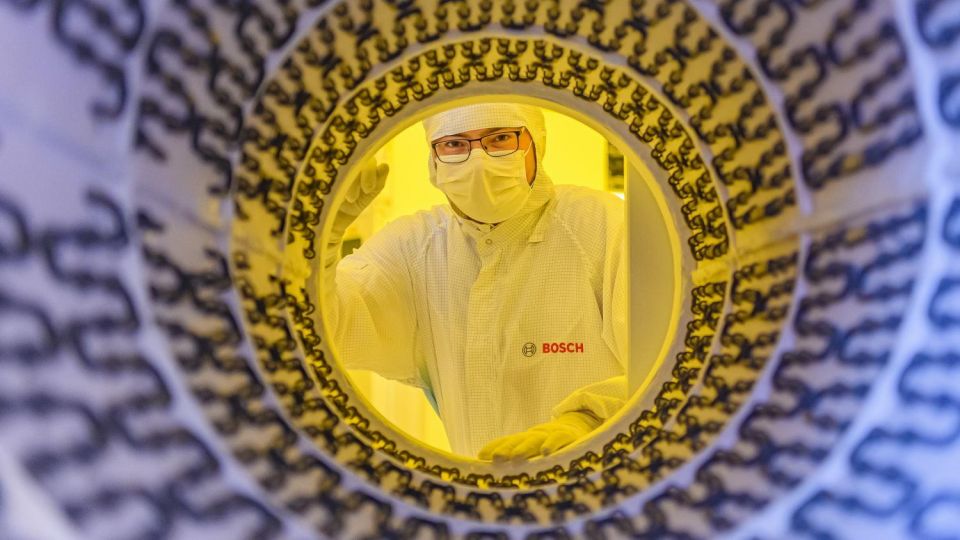
“But, we’re also looking at other more technically advanced solutions going forward. It’s not all about getting access to more silicon chips for our cars, we’re looking at new technology – a new type of chip that’s smaller, faster and a certified game changer when it comes to electric vehicles in particular.
“More integrated technology that uses software which utilises gallium nitride (GaN), the next-generation silicon that operates 100 times faster than silicon without losing energy. It’s also lighter, smaller and less expensive. And, if we’re talking electric cars, it will charge three times quicker.
“It’s not going to happen overnight for the auto industry, but in two or three years when we have doubled Hyundai’s electric vehicle offering, the benefits will be real and we’ll be talking about much faster charging, longer ranges and faster production cycles.
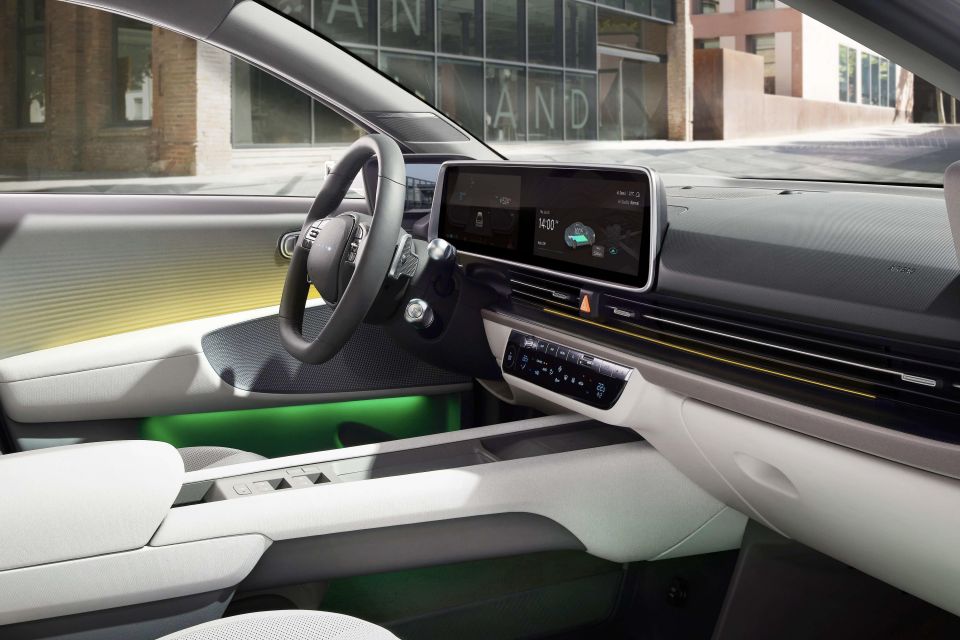
“We’ll still need semiconductors, but they’ll likely be GaN-based rather than the traditional silicon based versions”, explained Mr Chang.
A world with plentiful chips cannot come soon enough for consumers. Some car brands have been forced to offer new cars without all their listed standard features due to certain chips being unavailable at the time of production.
From a buyer perspective it’s not ideal, because you want that wireless charger and tasty 15-speaker Harman Kardon sound system, right? In other cases, manufacturers are offering cars without the full suite of advanced driver assist systems (ADAS).
MORE: Running list of cars with spec changes, due to chip shortage
Take advantage of Australia's BIGGEST new car website to find a great deal on a Hyundai.


Andrew Maclean
3 Days Ago


Max Davies
3 Days Ago


Max Davies
2 Days Ago
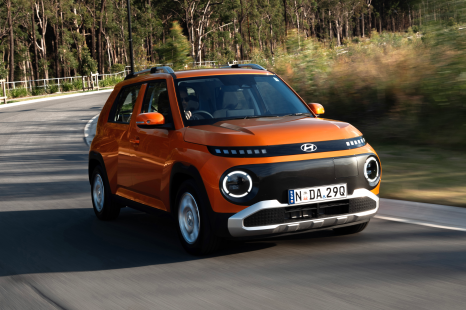

Josh Nevett
2 Days Ago


Max Davies
1 Day Ago


Marton Pettendy
1 Day Ago